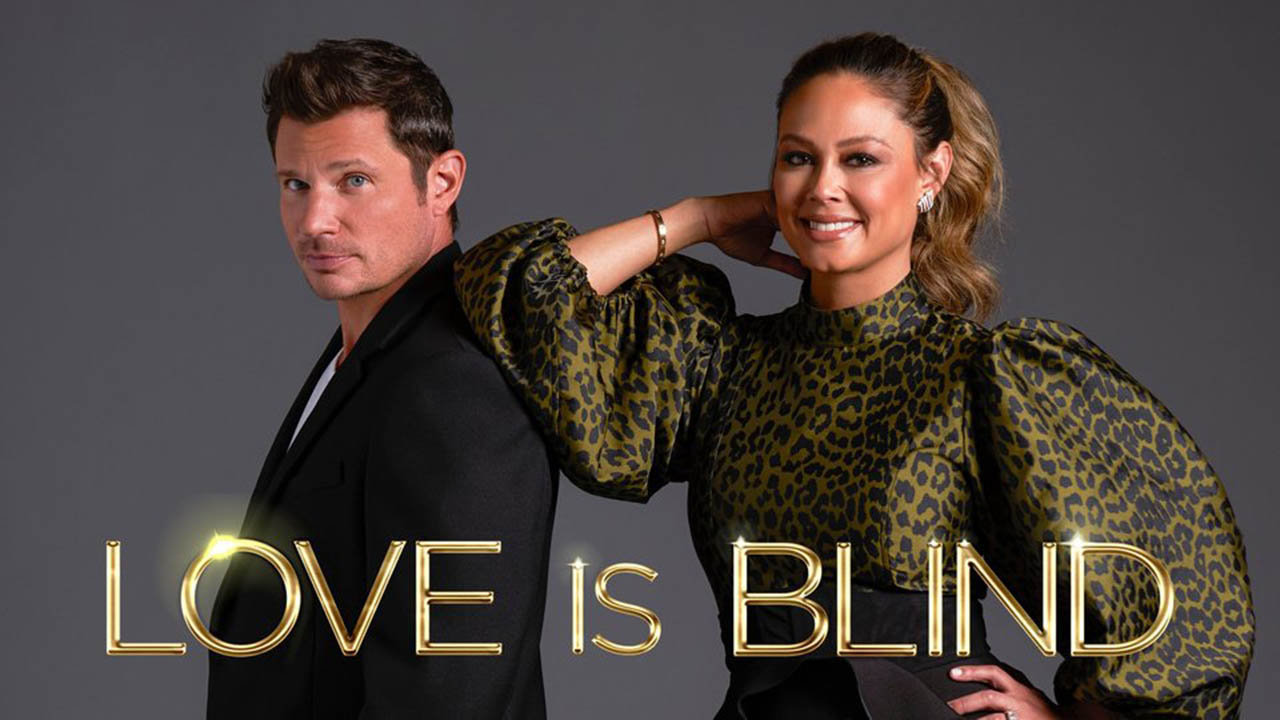Reality TV bites, but it feels so good
 CREDIT: NETFLIX
CREDIT: NETFLIXReality TV can impact your brain - in both good ways and bad.
I’m feeling bad, my body hurts and I’m stressing to no end about how behind I am getting in school. COVID is real and I am trapped in its merciless grip; I find myself incapable of making rational decisions. There seems to be only one thing that alleviates this discomfort, a new experience for me. I, in my dilapidated state, have stumbled upon a program: Love is Blind, a reality TV series where people who want to be loved for who they are, rather than what they look like, date without ever seeing the other person. It’s awful and trashy. It’s so bad and I watched the whole series in one sitting.
Suddenly, everything is calm and the COVID calamity is anesthetized. I feel comforted and disgusted in myself all at the same time. Next is The Ultimatum. I’m hanging onto Nick and Vanessa Lachey’s every word like it’s manna from heaven. Then it was 90 Day Fiancé, and Is It cake? I heard COVID can leave you with taste disorders; but needing to watch an episode of The Kar-crashians was not on the list of symptoms I Googled.
What is it about this mind-numbing, plotless cacophony of human beings exposing their craziness, flaws, and neediness to the nation that I find so cathartic? Has it actually made me feel better about my own life? Kim Kardashian’s hyperbolic reaction to being thrown into the ocean and losing both her $75,000 earring (and her sanity) has given me a reason to get up in the morning.
Meg Howald, a professor at Fanshawe College, who teaches creative writing and a course called Reality TV: Changing Cultures addressed this salacious appetite for this form of entertainment.
“It’s addictive (so say scientists), because binging releases dopamine (a neurotransmitter) which increases our pleasure levels (like any addiction),” Howald said. “These are what psychologists say about watching reality TV style programming: people are less lonely; people get addicted to other people’s humiliation; addiction to the drama; addiction to the pleasure it brings.”
Reality TV in today’s world is a part of our cultural fabric. There is no turning back. It’s no wonder why it has also crept into our college’s curriculum. Howald believes it is an important topic to discuss and one which can offer up some telling insights about our human nature.
“I started teaching the course when I was on three reality episodes a while back: Style by Jury and Untold Stories of the ER…I designed the course so that students could create a culminating project involving a look-book proposal for an original realty TV show. They always come up with ‘addictive content.’” Reality TV is fun, but like anything that has an addictive nature, I am fully aware that I have to be mindful of my behaviour. Especially as I crawl into bed at 2 a.m., after “just one more episode.”
Howald also shed some light on the dark side of reality TV:
- People encounter sleep disturbances and insomnia
- People are opting for poor diets (high on snack foods) and therefore complain of fatigue
- A more sedentary lifestyle is creating medical risks for developing heart disease, blood clots, social withdrawal, depression, and cognitive decline

















